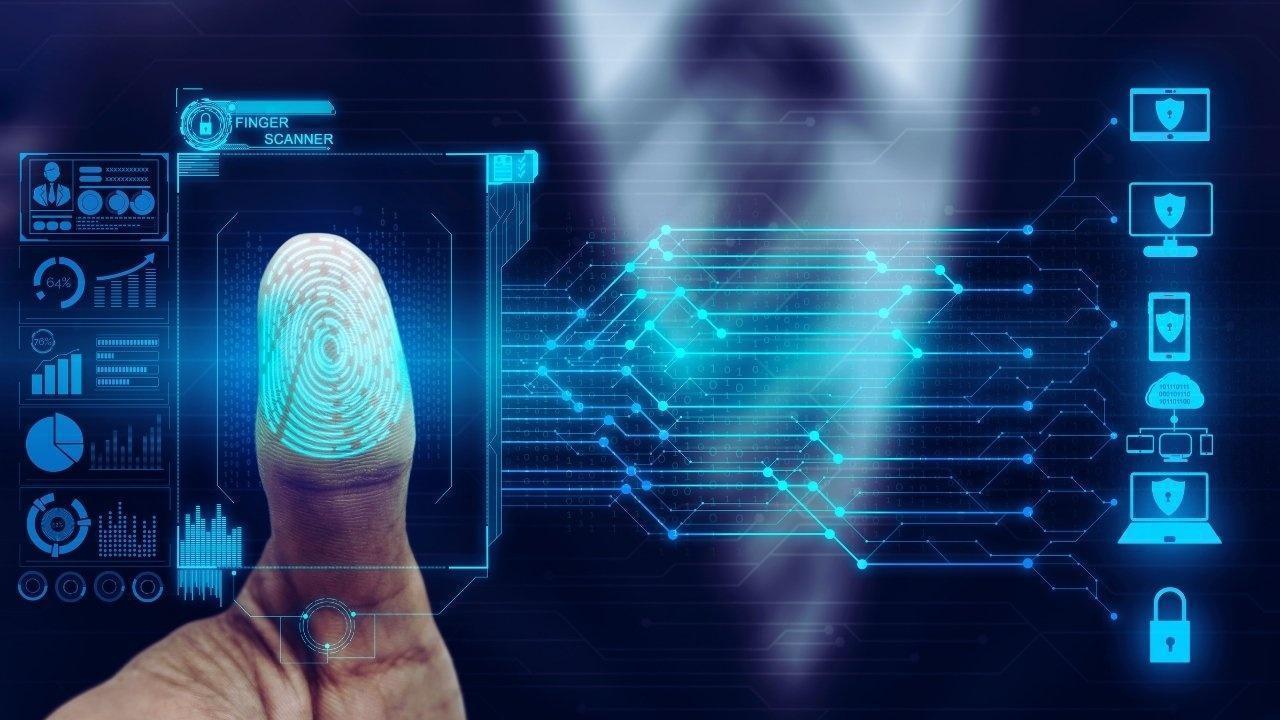You have not yet added any article to your bookmarks!

Join 10k+ people to get notified about new posts, news and tips.
Do not worry we don't spam!

Post by : Anis Farhan
Once dominantly relying on fingerprints, the digital security landscape is rapidly transforming. With the advancement of technology and evolving security threats, we've entered a new era where traditional methods are becoming outdated.
We are on the brink of a major shift toward advanced biometric technologies that utilize voice recognition, vein patterns, and behavioral metrics, promising better security mechanisms that are tailored specifically for individual users.
While fingerprints and facial recognition technologies offer convenience, they come with significant drawbacks:
– fingerprints can be lifted
– facial recognition is vulnerable to high-quality fake images
– identical twins can confuse systems
– risks associated with data breaches
– hygiene concerns from contact-based methods
As cybercrime becomes more sophisticated, our reliance on static identity markers must change.
Modern security now emphasizes who you are and how you act rather than what you possess or know.
Voice isn't simply sound; it conveys unique characteristics such as airflow patterns, pitch, and rhythm. Systems are trained to recognize:
– tonal variations
– frequency patterns
– vocal vibrations
– articulation nuances
Incorporating voice biometrics in:
– banking security
– customer service
– smart devices
– workplace systems
– healthcare for visually impaired users
Such systems promise a hands-free, convenient experience while addressing challenges like audio playback attacks and environmental noise.
Vein recognition provides a highly secure alternative to fingerprints as it analyzes internal physical structures. Key technologies include:
– palm vein scans
– finger and wrist vein recognition
With characteristics like:
– biological uniqueness
– robustness against environmental factors
– low false-match rates
Applications are flourishing in:
– finance
– defense
– healthcare
– public area security
Focusing on user behavior, this technology observes actions like:
– typing patterns
– mouse behavior
– walking style
– hand movements
These patterns act as a form of authentication, continuously verifying identity without needing traditional methods.
With remote work becoming the norm, the need for secure identity verification is more pressing than ever.
Fraudsters are using AI and advanced technologies to exploit security vulnerabilities.
Concerns about physical contact have escalated demand for contactless systems.
Fast, automated identity verification is essential across multiple sectors.
Today's mobile sensors and AI technologies allow more precise authentication methods.
You're likely to see these technologies in:
– mobile banking
– smart homes
– airport security
– remote work environments
– healthcare
– education
Streamlined verification without the need for passwords, providing effortless access.
More sophisticated authentication methods reduce the risk of impersonation.
Users with disabilities can engage more easily, enhancing accessibility.
Behavioral analysis may detect signs of distress, offering additional security.
With great power comes great responsibility surrounding:
– data storage
– ownership of identity databases
– consent and transparency
– user protection from misuse
A balanced approach is crucial as we navigate this complex landscape of biometric technologies.
The transition to a multi-layered biometric system promises a future where identity is dynamic and contextual.
We may witness systems that integrate various biometric markers to continuously authenticate.
As we move forward, embracing these new technologies goes hand in hand with trust and ethical considerations.
The shift towards voice, vein, and behavioral identity markers represents a pivotal change in how secure access is understood and achieved. With in-depth considerations for privacy, the future of digital identity should blend innovation with respect for human rights.
This editorial is crafted for informational purposes. Each individual or organization should assess privacy implications and compliance before integrating biometric systems.










Study Warns Using AI for Medical Advice Is ‘Dangerous’ as Users Get Inaccurate Health Guidance
A major new study reveals that artificial intelligence (AI) chatbots and tools may give misleading o

Top Sci-Fi Movies Streaming on Netflix This February: Must-Watch Picks for Genre Fans
A curated news-style guide to the best science fiction films currently available on Netflix in Febru

BCCI Central Contracts Shake-Up: Kohli, Rohit Moved to Grade B as Board Reshapes 2025–26 List
Virat Kohli and Rohit Sharma have been placed in Grade B in the BCCI’s 2025–26 central contract list

Dalal Street Spotlight: Top 10 Stocks Investors Are Watching as Markets Open on a High
Indian stock markets begin the week with strong momentum, and several blue-chip and mid-cap stocks a

Market Movers Today: Key Stocks Set To Watch In Indian Markets
Indian equity markets are poised for active trading as several major companies, including Bharti Air

Milan Welcomes the World: Inside the Grand Opening Ceremony of the 2026 Winter Olympics
The 2026 Winter Olympics opening ceremony in Milan marked a defining moment for global sport, blendi